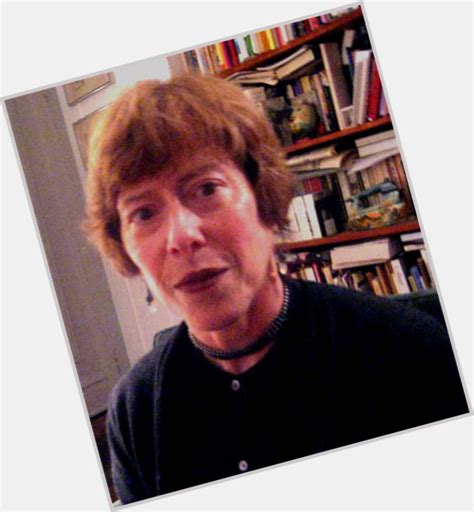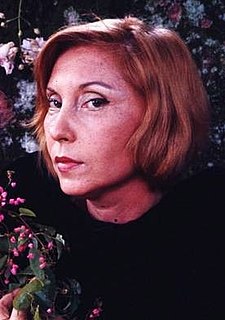A Quote by T. E. Hulme
Thought is prior to language and consists in the simultaneous presentation to the mind of two different images.
Quote Topics
Related Quotes
Charles Bernstein's pairs of jingles of 'public discourse' are 'simultaneous double narrative / the space between's the other narrative/as if they're opposite.' In the space between, outside representation but in the 'presence' of it, we are provoked to laugh. Bernstein alters our language to open a double range that's public and mind at once and inseparable, that is 'Poetry is patterned thought in search of unpatterned mind.' Girly Man is doing it.
The etymologist finds the deadest word to have been once a brilliant picture. Language is fossil poetry. As the limestone of the continent consists of infinite masses of the shells of animalcules, so language is made up of images or tropes, which now, in their secondary use, have long ceased to remind us of their poetic origin.
I am myself a professional creator of images, a film-maker. And then there are the images made by the artists I collect, and I have noticed that the images I create are not so very different from theirs. Such images seem to suggest how I feel about being here, on this planet. And maybe that is why it is so exciting to live with images created by other people, images that either conflict with one's own or demonstrate similarities to them.
It is my mind, with its store of images, that gives the world color and sound; and that supremely real and rational certainty which I can "experience" is, in its most simple form, an exceedingly complicated structure of mental images. Thus there is, in a certain sense, nothing that is directly experienced except the mind itself. Everything is mediated through the mind, translated, filtered, allegorized, twisted, even falsified by it. We are . . . enveloped in a cloud of changing and endlessly shifting images.
Actual knowledge is identical with its object: in the individual, potential knowledge is in time prior to actual knowledge, but in the universe as a whole it is not prior even in time. Mind is not at one time knowing and at another not. When mind is set free from its present conditions it appears as just what it is and nothing more: this alone is immortal and eternal (we do not, however, remember its former activity because, while mind in this sense is impassible, mind as passive is destructible), and without it nothing thinks.




































